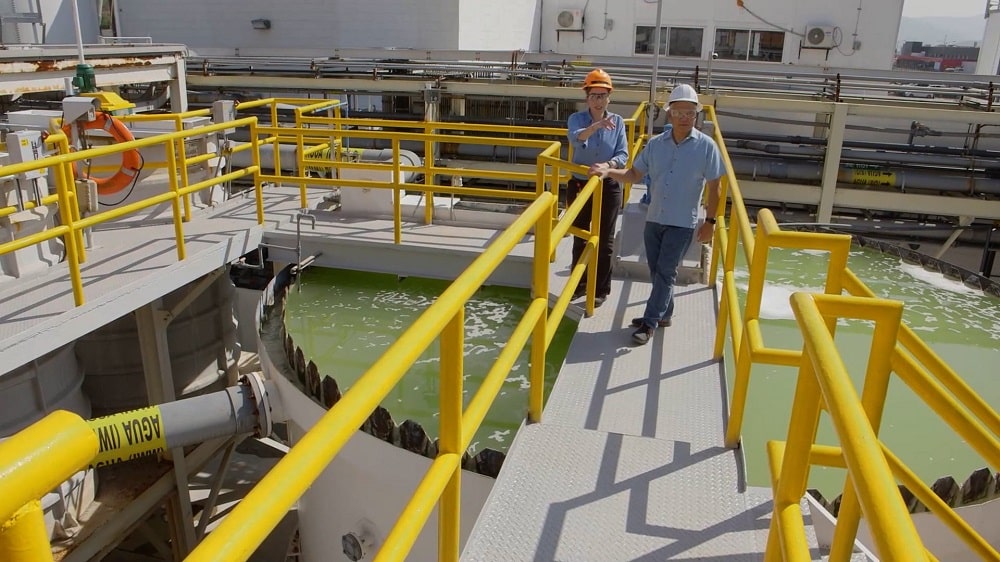Toyota is concerned about water conservation and (rightfully) thinks you should be too. The automaker funded a new TV program that looks at the issues and assembles experts to offer solutions. Called “WATER: We Have Too Much, But Not Enough,” it aired earlier this month on the Science Channel and MotorTrend TV.
The program’s title may seem like a mouthful, but it’s appropriate. With water covering more than two-thirds of the surface of our planet, it would seem like we have more than enough. And yet, only 3% of all that water is fresh and thus usable for drinking, growing crops, and most industrial uses.
Summer Has Arrived: How to pack light for a road trip
Out of that tiny slice of fresh water, agriculture takes up the lion’s share at 70%. Industry gets 19% while households get only the remaining 11%. And Toyota is concerned that America’s current attitude to reduce its dependence on global manufacturing by “building it here” is only exaggerating the problem, further reducing access to water, particularly in drought-affected areas like California, Texas, and Mexico.
“New industrial complexes, such as those for battery and semiconductor chip plants, and the expansion of existing automotive centers to build electric vehicles, are evidence of this trend. These are all water-intensive projects and are being built in the U.S. right now,” Toyota says.
The automaker explored numerous options for reducing its water usage and says it found that the “fastest way to reduce the greatest amount,” outside of completely overhauling the way manufacturing works, is to collect and reuse water. Toyota believes the technology to capture rainwater and use it “over and over again in manufacturing” already exists.
Of course, while Toyota’s efforts are both welcome and necessary, we should be looking at the elephant in the room: agriculture. Or more specifically, the meat industry. Did you know it takes approximately 1,800 gallons of water to produce a single pound of beef?
As with pollution, we can all do our part. We can drive more efficient cars and eat less beef. We can take short showers and rely on solar. But as long as companies continue to use most of the world’s resources and pollute the planet for profit — and as long as materialistic cultures makes those profits possible — one TV program is just a drop in a vast ocean of indifference.
Kurt Verlin was born in France and lives in the United States. Throughout his life he was always told French was the language of romance, but it was English he fell in love with. He likes cats, music, cars, 30 Rock, Formula 1, and pretending to be a race car driver in simulators; but most of all, he just likes to write about it all. See more articles by Kurt.
